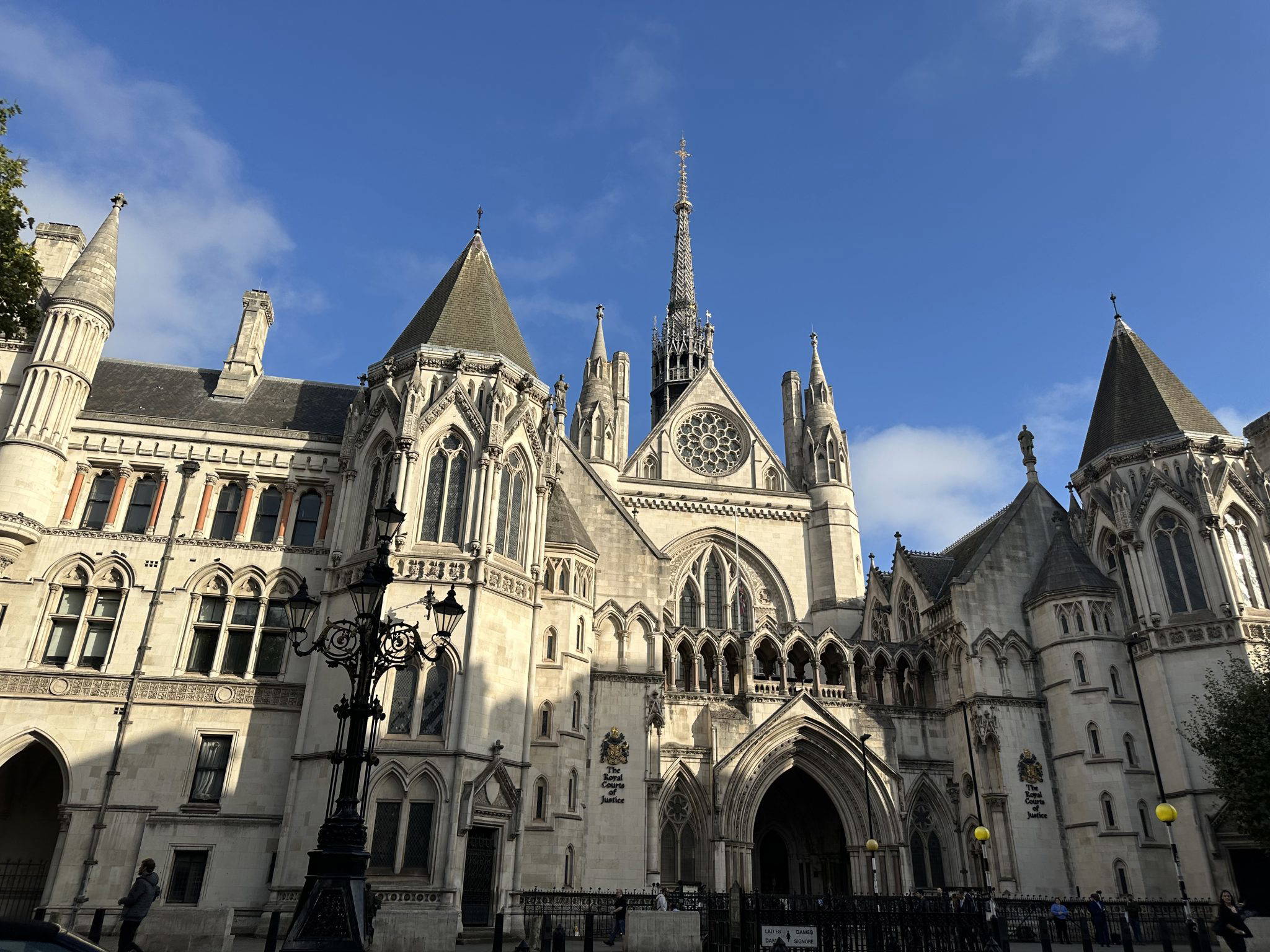
No Costs Penalty for Delayed Mediation Agreement, But Court Reiterates Its Importance
IN THE HIGH COURT OF JUSTICE
BUSINESS AND PROPERTY COURTS IN BRISTOL
TRUSTS AND PROBATE LIST (ChD)
IN THE ESTATE OF YEAMON KEITH CARE (DECEASED)
A recent costs decision in a contentious probate case has provided a nuanced application of the rules surrounding Alternative Dispute Resolution (ADR), demonstrating that a refusal to mediate is not always automatically penalised, provided a party has reasonable justification for the delay.
In the matter of the Estate of Yeamon Keith Care, the successful Claimant, Luke Ellis, faced an application from the unsuccessful Third Defendant, Vivian Care, to have his costs award reduced. One of the key grounds was that Luke had unreasonably refused to mediate for a period of approximately six months.
While the judge, HHJ Michael Berkley, ultimately rejected this application and ordered Vivian to pay the costs, the judgment offers a masterclass in the factors courts will consider when assessing the reasonableness of a party’s approach to mediation.
Background to the Costs Dispute
The underlying case involved a challenge by Vivian to the validity of his brother Keith’s will, which had left the majority of the estate, including a farm, to Luke Ellis, a neighbour and friend. Vivian advanced claims based on lack of testamentary capacity, want of knowledge and approval, and due execution, alongside a proprietary estoppel claim. At trial, all of Vivian’s challenges failed comprehensively.
Following the substantive judgment, the battle shifted to costs. Vivian accepted that Luke was the successful party but argued that the normal “costs follow the event” rule should be displaced. A central pillar of his argument was that Luke’s solicitors had unreasonably refused an invitation to mediate in March 2023, only agreeing to do so in September of that year.
The Judge’s Reasoning: Why No Penalty Was Applied
HHJ Berkley carefully analysed the correspondence and context and found that Luke’s delay in agreeing to mediate was not unreasonable. His reasoning provides a practical guide for litigants:
- Lack of Essential Information: At the time of the first invitation in March 2023, Vivian held “all the cards” and had refused to provide early disclosure of key evidence, including Keith’s medical records. Luke’s solicitors were therefore acting reasonably in taking the position that a mediation would be premature and potentially futile without this foundational information. The judge found it was “perfectly reasonable” to wait until after the Case and Costs Management Conference (CCMC), where disclosure was ordered, to consider mediation.
- The “Silence” Was Not Unreasonable: Vivian’s counsel argued that silence in the face of a mediation invite is “automatically” unreasonable, citing the Court of Appeal in PGF II SA v OMFS Co 1 Ltd. HHJ Berkley distinguished this, noting it is a “general rule,” not an absolute one. In this context, the initial refusal was not silence but a reasoned response, and subsequent correspondence from Vivian’s side focused on other procedural issues, not chasing ADR.
- The Delay Was Not Prejudicial: The period of delay was relatively contained (circa 6 months), and very few costs were incurred during this time as the parties were focused on the CCMC. The judge rejected the argument that an earlier mediation would have had a better chance of success, noting that when mediation did occur in November 2023, the parties remained “very far apart.”
In essence, the court recognised that a party is entitled to a reasonable period to investigate a claim and obtain necessary disclosure before being expected to engage meaningfully in settlement discussions. A blanket rule penalising any delay would be unworkable and could force parties into mediations before they are equipped to participate effectively.
The Unwavering Importance of Mediation
Despite finding no penalty was appropriate on these specific facts, HHJ Berkley’s judgment wholeheartedly reaffirmed the critical importance of ADR. He cited the Court of Appeal in Northamber Plc v Genee World Limited, which itself reiterated the core principles from Halsey and PGF:
“It is almost 20 years since this Court held in Halsey… that an unreasonable refusal to participate in alternative dispute resolution constitutes a form of unreasonable litigation conduct to which the court may properly respond by applying a costs sanction.”
The judge did not depart from this well-established principle in the slightest. Instead, he applied it with a keen eye on the practical realities of the litigation. The message is not that parties can ignore invitations to mediate, but that they must engage with them constructively and in a timely manner, based on the circumstances of the case.
Key Takeaways for Practitioners and Litigants
- ADR remains a central pillar of civil litigation. The courts expect parties to consider it seriously and throughout the life of a case.
- A refusal to mediate must be justified. A simple belief in a “strong case” is unlikely to be sufficient. However, a reasoned justification—such as a critical lack of information necessary for meaningful negotiations—can be a valid reason for a temporary refusal or delay.
- Timing is everything. Parties should keep ADR under constant review. What is unreasonable early in proceedings, before disclosure, may become unreasonable later if a party continues to refuse without good cause.
- Communicate your reasons. As seen here, a clear, reasoned explanation for not mediating at a specific point in time was crucial to the judge’s analysis. Silence, by contrast, is a high-risk strategy.
Conclusion
The judgment in Ellis v Ellis & Ors serves as a valuable reminder that the duty to consider ADR is not a rigid, unthinking obligation to mediate at the first opportunity. It is a contextual duty, requiring parties to act reasonably. While the courts will fiercely penalise those who unreasonably shun ADR, they will also protect parties who legitimately need to wait until the procedural landscape allows for a fair and informed negotiation. The shadow of costs sanctions for refusing ADR remains long and dark, but it does not eclipse the need for sensible and strategic litigation conduct.
